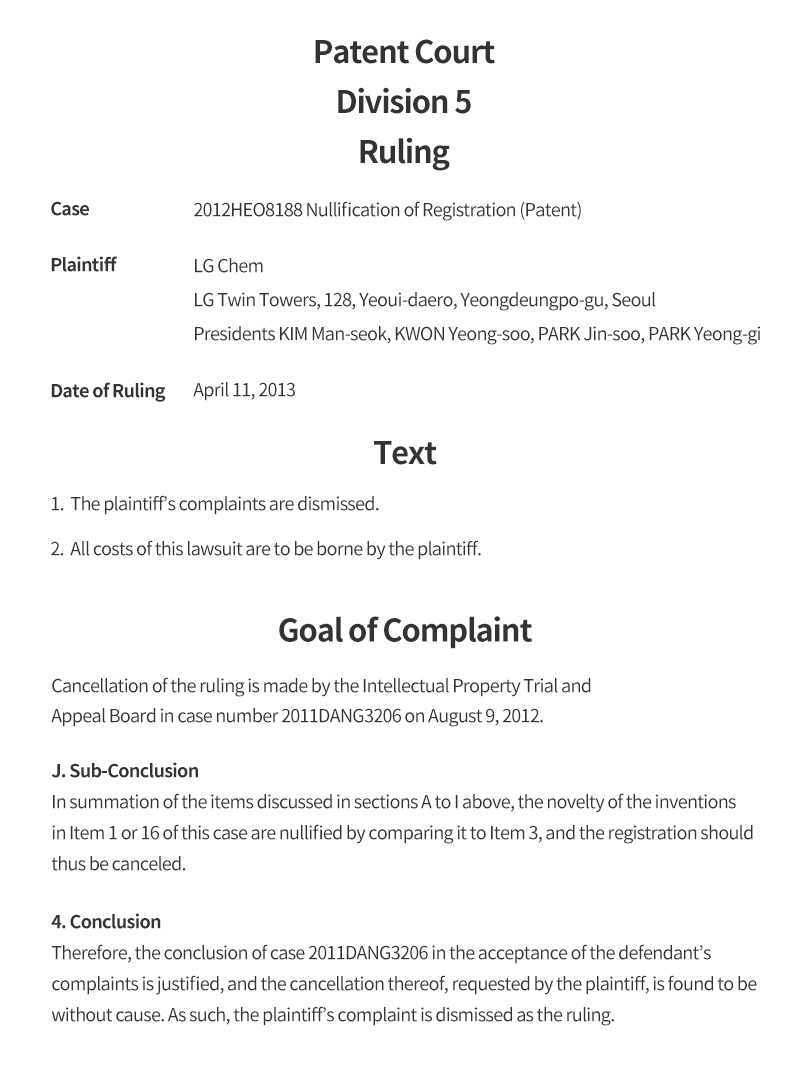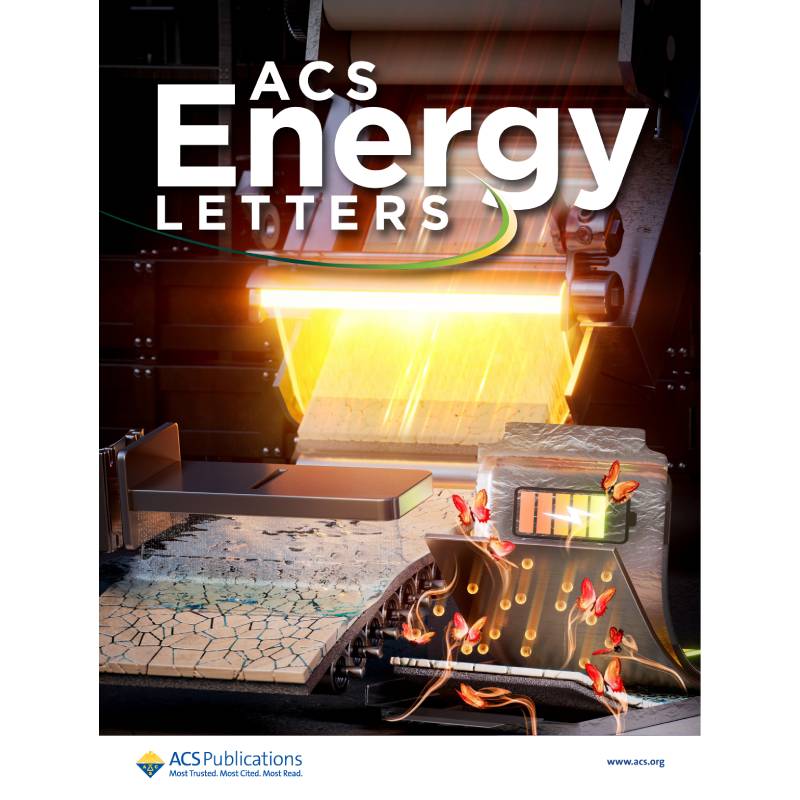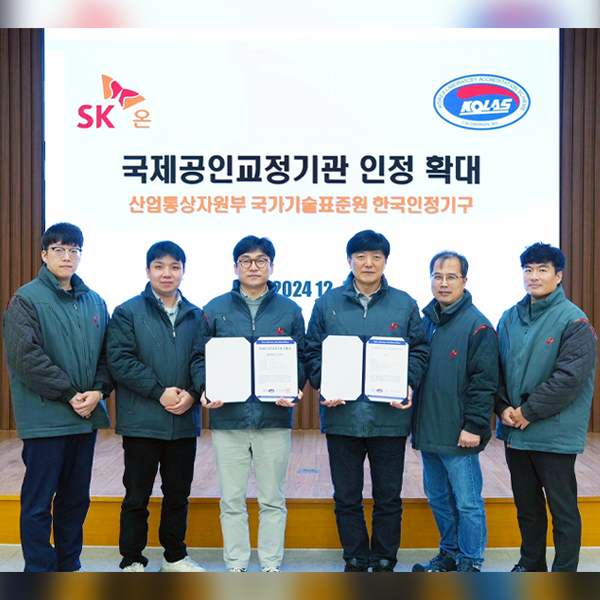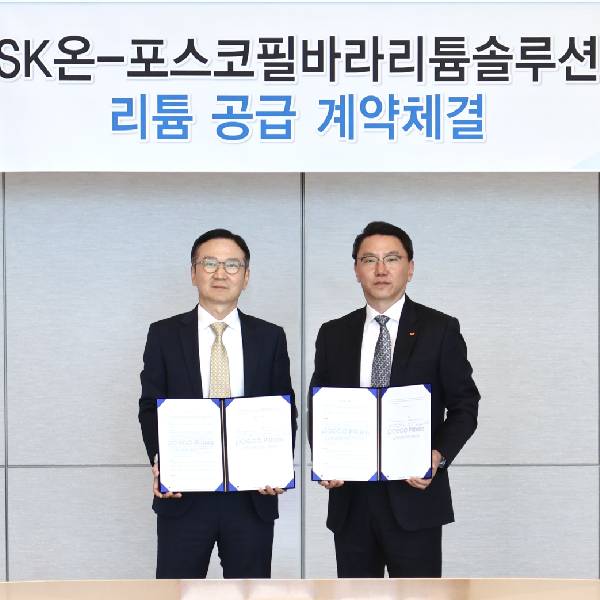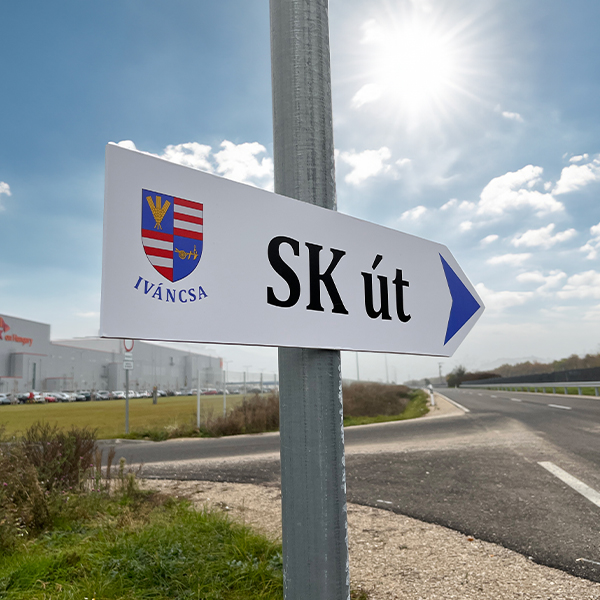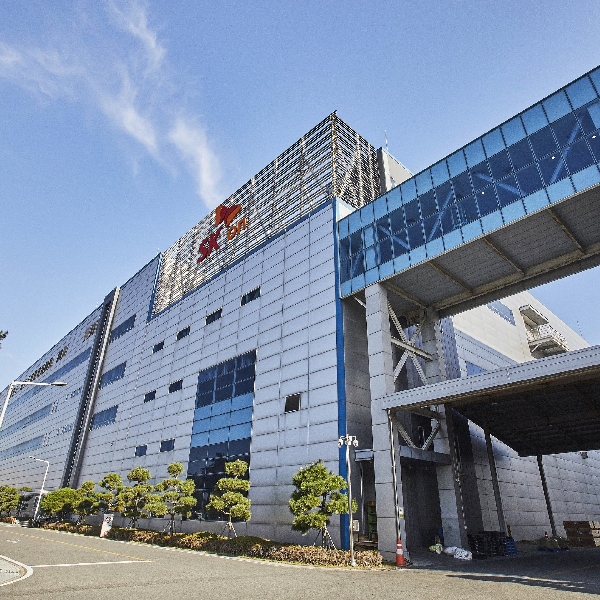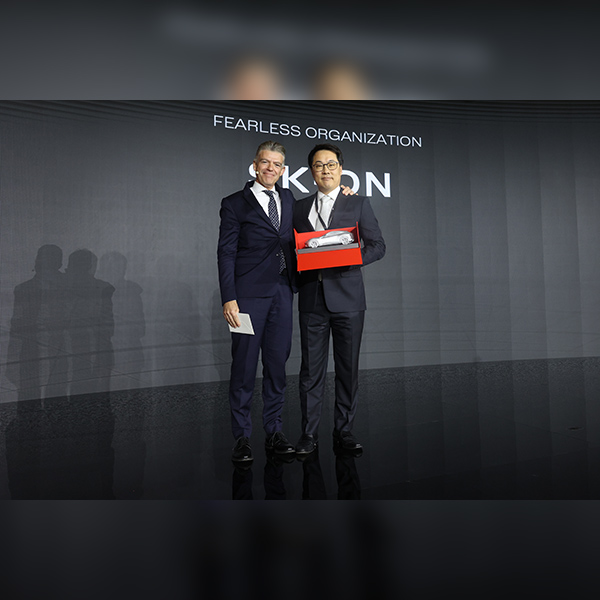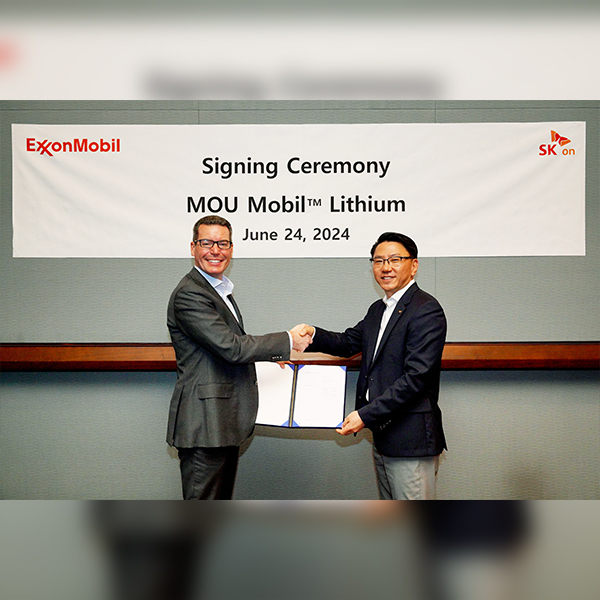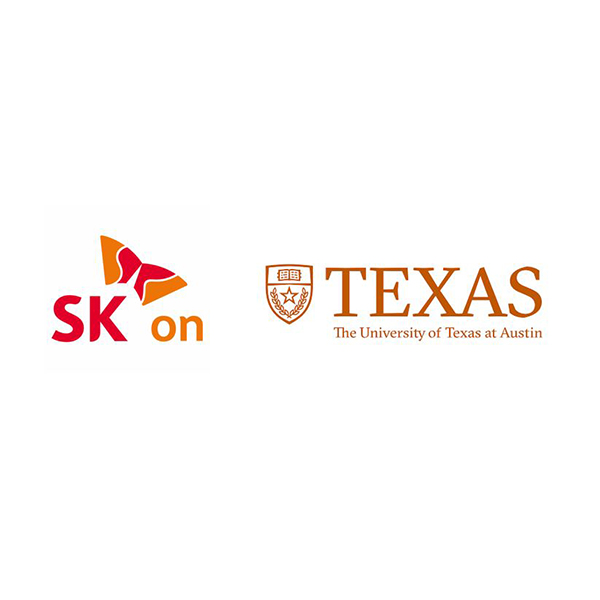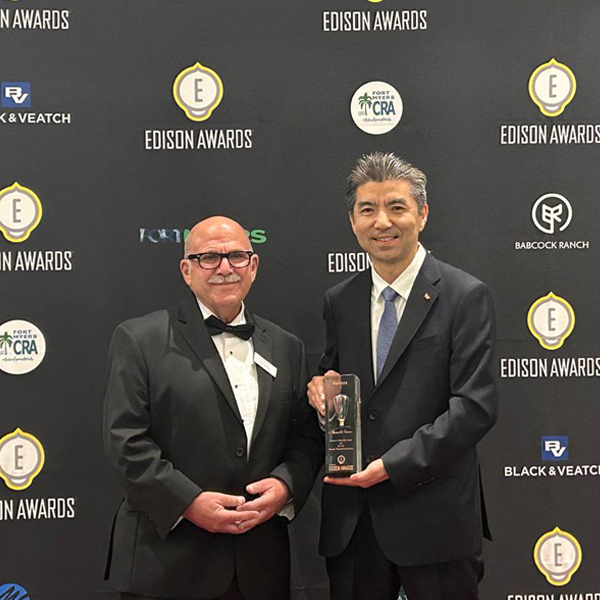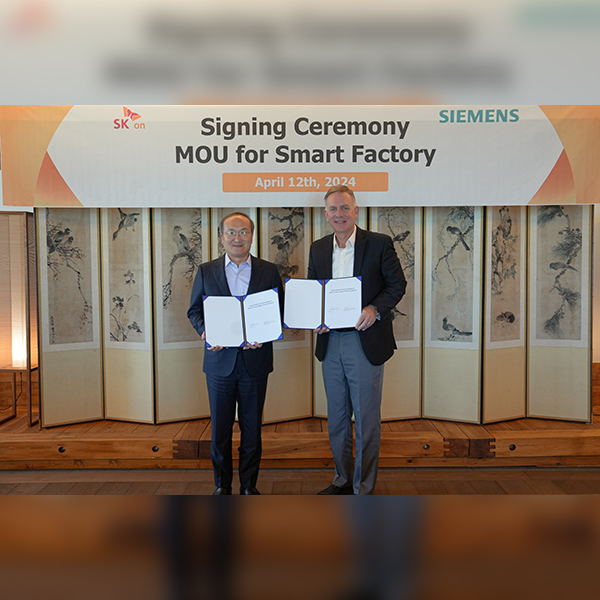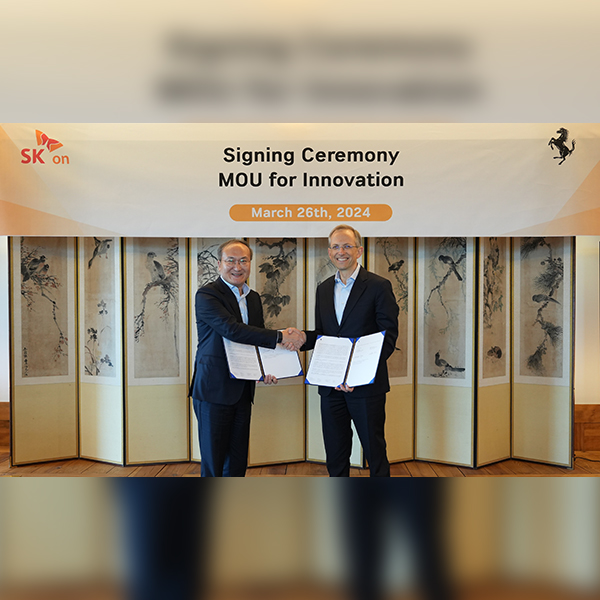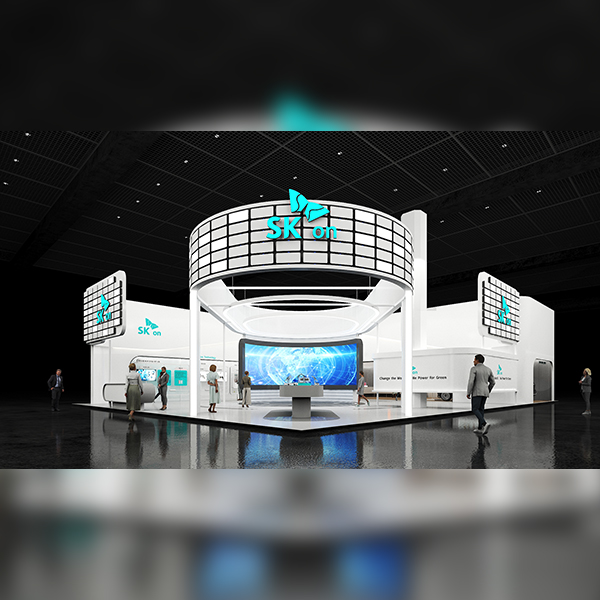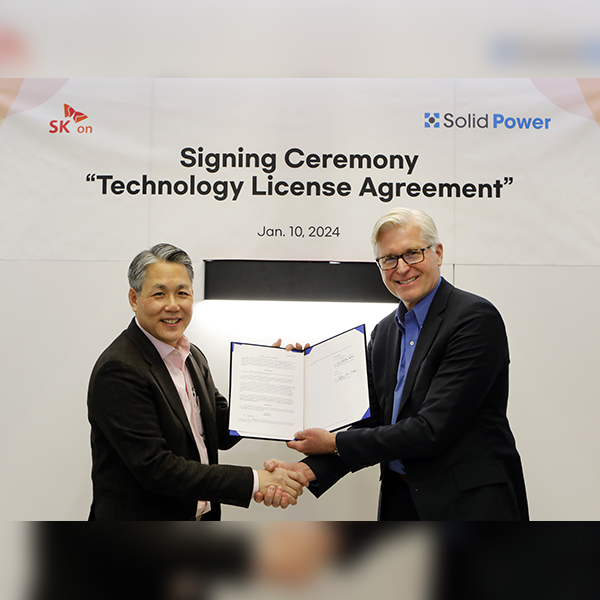 SK On
SK On■ Enforcing the agreement with “a stern legal response to the impermissible breach of trust”
① Lawsuit launched to get LG Chem to withdraw the litigations launched for three patents by their own hands
– The patent involved in the breach of agreement and the later patents based on that patent are eligible for withdrawal.
② KRW 500 million damage per breach of agreement… Delayed damages may also be paid when the lawsuit is in Korean Won
■ SK Innovation: “We reaffirm a strong response to LG Chem’s irrational lawsuits…to protect the industry ecosystem.”
SK Innovation reaffirmed its stance toward the irrational lawsuits launched by its industry rival, LG Chem.
In response to LG Chem’s second round of litigations launched in the US International Trade Commission (hereinafter ITC) and others, SK Innovation revealed its plan to launch a lawsuit for the withdrawal of litigations and compensation to the Seoul Central District Court based on the agreement made as the result of the previous lawsuits that “agreed that the two companies would not engage in further dispute on these patents.” The plaintiff of this lawsuit is the SK Innovation and its United States affiliate in the battery business, SKBA (SK Battery America, Inc.), and the defendant is the LG Chem.
The second round of litigations submitted by LG Chem to ITC and the US District Court of Delaware (trade secret compensation and embargo) raised a controversy on the breach of agreement that the two companies signed in 2014 (KR 775,310 / hereinafter KR 310), namely that the two companies would not engage in further dispute in Korea and abroad and that this agreement is valid for the next 10 years.
◈Withdrawal of litigations that launched through the breach of agreement
SK Innovation cited this breach of agreement to request that “the LG Chem will withdraw their litigations on the three patents related to their claims.”
The patents involved are the domestic and US patents involved in the previous dispute (① US 7,662,517 / hereinafter US 517) and the two following patents (② US 7,638,241 / hereinafter US 241, ③ US 7,709,152 / hereinafter US 152). One of the patents involved (US 517) is identical to the domestic patent (KR 310) involved in the previous dispute of 2011, which is why the patent was included in the request.
KR 310 is the patent at the center of this dispute, having motivated LG Chem’s litigation in 2011, which ended in a series of losses, thus leading to the agreement reached in October 2014. The complaint submitted by LG Chem also mentions that the Korean patent KR 310 “corresponds to” the US patent US 517 (Attachment 1).
Back in 2014, SK Innovation has agreed to LG Chem’s request for an agreement, despite the highly favorable rulings, thus having a higher chance of winning based on a broader perspective toward the development of the industry ecosystem.
SK Innovation also explained that the fundamental goal of the agreement was to “conclude all litigations and conflicts related to the patent,” thus including the two following patents (US 241, US 152), in addition to the US 517 that was clearly a breach of the agreement, which led to the company including the three patents in its lawsuit.
◈Compensation suit based on the breach of agreement
SK Innovation and SKBA each filed a compensation suit amounting to KRW 500 million to LG Chem for the breach of agreement. Furthermore, the lawsuit includes a claim on delayed damages, amounting to KRW 50 million per day to both plaintiffs, if LG Chem fails to withdraw the litigations in the United States within 10 days after the ruling.
On this claim, SK Innovation commented, “LG Chem’s breach of agreement is a malevolent action that we cannot condone in a relationship of trust, and we have filed this lawsuit in a Korean court in recognition of its direct and indirect interferences on our EV battery business and the damages caused to our business value.”
LG Chem’s breach of contract at the end of September through the litigations was made 4 years and 11 months after the agreement, scarcely half of 10 years established in the agreement. SK Innovation’s claim thus reaffirms its strong stance against the excessive legal actions that breach the agreements between competitors.
The patent lawsuit, which started in December 2011, began with the lawsuit filed against SK Innovation by the LG Chem’s Battery Business Headquarters (Director Vice Chair Kwon Young-soo). After a series of losses (Intellectual Property Trial and Appeal Board, Patent Court, and Seoul Central District Court), LG Chem’s Battery Business Headquarters proposed the agreement, which put an end to the dispute for the time being. The representative of LG’s management who placed his signature on the agreement, at that time, was Director Kwon Young-soo, currently the Vice Chair of LG Corp. At that time (April 2013), the Patent Court ruled that “the patent’s novelty has been nullified; therefore, the patent registration should be nullified (Attachment 2).”
SK Innovation summed up its position as “the indiscriminate lawsuits launched by LG Chem to interfere with our constructive efforts and renegading our agreement, which was signed because of their eagerness to reach an agreement after a series of failed lawsuits, to expand the lawsuit is a truly regrettable action. SK Innovation will respond with a cool head, responding to lawsuits with lawsuits and the business with business, with a stern effort to keep the value of our business and the integrity of the market ecosystem.”
[Attachment]
Attachment 1) An excerpt of the complaint lodged by LG Corp to ITC (Mentions the “corresponding” relationship between 517 Patent/KR 775,310)
Attachment 2) An excerpt of the ruling from the Patent Court of Korea (April 2013)










 Youtube
Youtube Facebook
Facebook Instagram
Instagram Linkedin
Linkedin









